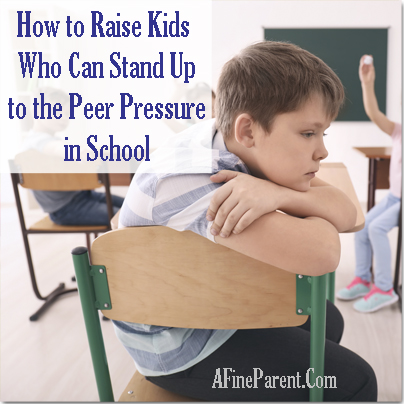 Going to school for many kids is like going to war each and every day. It is a battleground where they are faced with the responsibility of making all kinds of decisions and having to deal with the consequences of their actions.
Going to school for many kids is like going to war each and every day. It is a battleground where they are faced with the responsibility of making all kinds of decisions and having to deal with the consequences of their actions.
You see, making decisions independently is hard enough for a child. However, when faced with pressure from their peers to make a decision one way or the other, it becomes a whole new ball game.
There are so many more pressures that kids face today than ever before in history. The traditional pressures of smoking, drinking and drugs continue to pervade our society. But these days children have to engage on two different fronts: making wise decisions in person, and while using technology in the cyberworld, in particular on social media.
As a middle school teacher of 20 years, I have seen the evolution of challenges and the social pressures and expectations that kids face. Peer pressure to look and act a certain way, say the right things to be accepted into the “in-crowd,” play the “cool” games everyone else is playing, wear the latest designer clothing brands everyone else is wearing, and — nowadays — partake in the social media forums everyone else is taking part in. [Read more…]
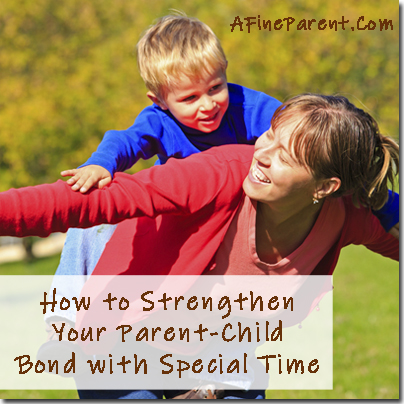 When my first born was a toddler and started testing limits, I didn’t have my parenting and discipline strategy completely sorted out.
When my first born was a toddler and started testing limits, I didn’t have my parenting and discipline strategy completely sorted out.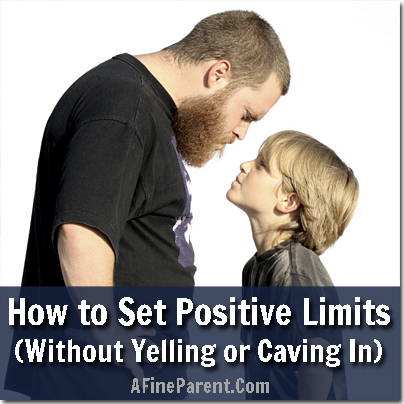 It’s time to leave the park, but your kid isn’t ready.
It’s time to leave the park, but your kid isn’t ready.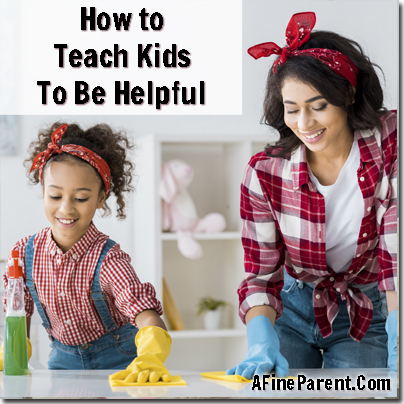 I was at my son’s school to check him out early for an appointment. While I waited for him, the school secretary commented on what a nice, helpful kid my son is.
I was at my son’s school to check him out early for an appointment. While I waited for him, the school secretary commented on what a nice, helpful kid my son is.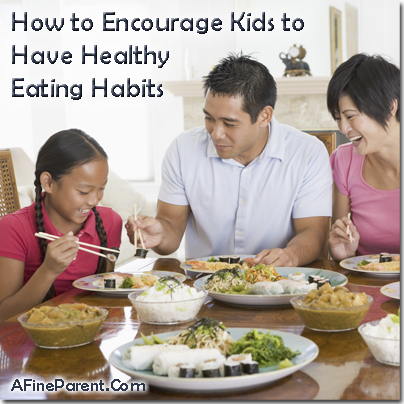 Have you noticed how some children (and adults), when presented with a buffet of food, make a well balanced, mostly healthy selection?
Have you noticed how some children (and adults), when presented with a buffet of food, make a well balanced, mostly healthy selection?